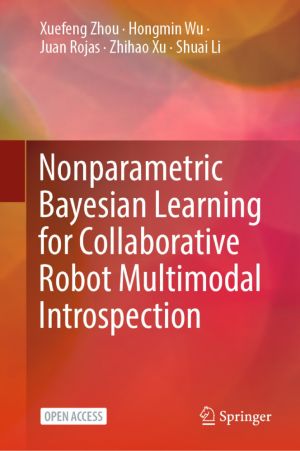Nonparametric Bayesian Learning for Collaborative Robot Multimodal Introspection
by Xuefeng Zhou, Hongmin Wu, Juan Rojas, Zhihao Xu, Shuai Li
DescriptionDetailsHashtagsReport an issue 






Book Description
This open book focuses on robot introspection, which has a direct impact on physical human - robot interaction and long-term autonomy, and which can benefit from autonomous anomaly monitoring and diagnosis, as well as anomaly recovery strategies. In robotics, the ability to reason, solve their own anomalies and proactively enrich owned knowledge is a direct way to improve autonomous behaviors. To this end, the authors start by considering the underlying pattern of multimodal observation during robot manipulation, which can effectively be modeled as a parametric hidden Markov model (HMM). They then adopt a nonparametric Bayesian approach in defining a prior using the hierarchical Dirichlet process (HDP) on the standard HMM parameters, known as the Hierarchical Dirichlet Process Hidden Markov Model (HDP-HMM). The HDP-HMM can examine an HMM with an unbounded number of possible states and allows flexibility in the complexity of the learned model and the development of reliable and scalable variational inference methods.This book is a valuable reference resource for researchers and designers in the field of robot learning and multimodal perception, as well as for senior undergraduate and graduate university students.This open book is licensed under a Creative Commons License (CC BY). You can download Nonparametric Bayesian Learning for Collaborative Robot Multimodal Introspection ebook for free in PDF format (5.8 MB).
Book Details
Title
Nonparametric Bayesian Learning for Collaborative Robot Multimodal Introspection
Subject
Engineering and Technology
Publisher
Springer
Published
2020
Pages
149
Edition
1
Language
English
ISBN13
9789811562624
ISBN10
9811562628
ISBN13 Digital
9789811562631
ISBN10 Digital
9811562636
PDF Size
5.8 MB
License

Related Books
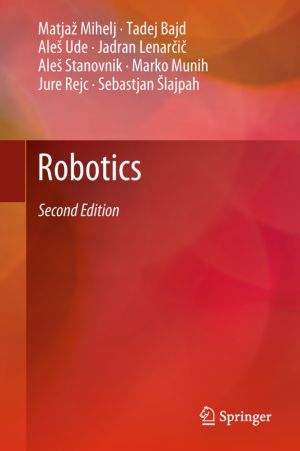
This book introduces readers to robotics, industrial robot mechanisms, and types of robots, e.g. parallel robots, mobile robots and humanoid robots. The book is based on over 20 years of teaching robotics and has been extensively class tested and praised for its simplicity.It addresses the following subjects: a general introduction to robotics; bas...
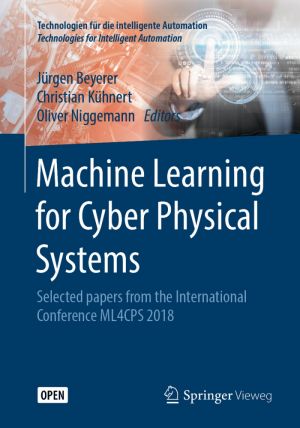
This book proceedings presents new approaches to Machine Learning for Cyber Physical Systems, experiences and visions. It contains some selected papers from the international Conference ML4CPS - Machine Learning for Cyber Physical Systems, which was held in Karlsruhe, October 23-24, 2018. Cyber Physical Systems are characterized by their ability to...
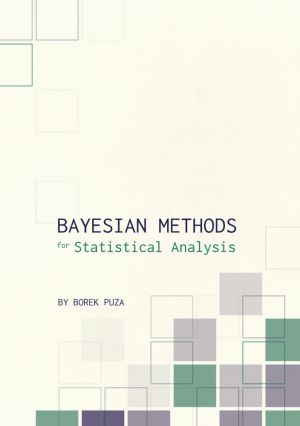
Bayesian methods for statistical analysis is a book on statistical methods for analysing a wide variety of data. The book consists of 12 chapters, starting with basic concepts and covering numerous topics, including Bayesian estimation, decision theory, prediction, hypothesis testing, hierarchical models, Markov chain Monte Carlo methods, finite po...
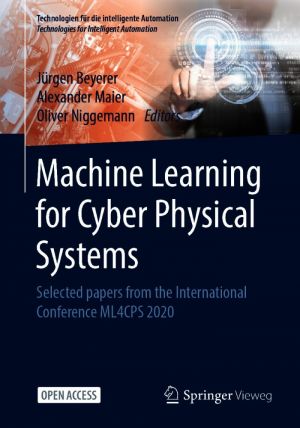
This open proceedings presents new approaches to Machine Learning for Cyber Physical Systems, experiences and visions. It contains selected papers from the fifth international Conference ML4CPS - Machine Learning for Cyber Physical Systems, which was held in Berlin, March 12-13, 2020. Cyber Physical Systems are characterized by their ability to ada...

This book bridges the gap between playing with robots in school and studying robotics at the upper undergraduate and graduate levels to prepare for careers in industry and research. Robotic algorithms are presented formally, but using only mathematics known by high-school and first-year college students, such as calculus, matrices and probability. ...
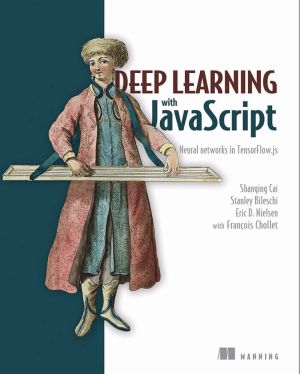
Deep learning has transformed the fields of computer vision, image processing, and natural language applications. Thanks to TensorFlow.js, now JavaScript developers can build deep learning apps without relying on Python or R. Deep Learning with JavaScript shows developers how they can bring DL technology to the web. Written by the main authors of t...

